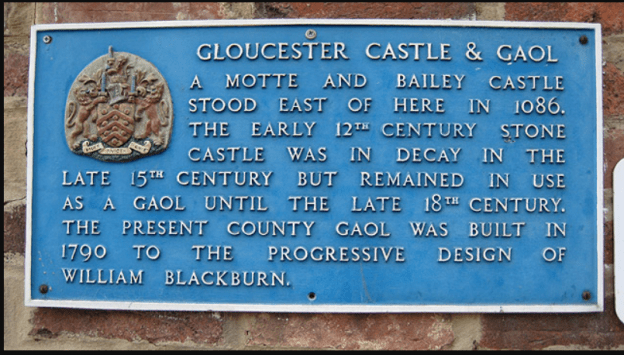Continuing my off-and-on consideration of ‘lunacy’ and mental incapacity in the medieval criminal law, I’d like to note another case which expands a little on our knowledge in this area (or mine, anyway).
The case comes from a 1315 gaol delivery roll, from a session at Norwich castle (see it here). It is a grisly double homicide – and there seems to have been no argument about the basic facts: a man called Robert Angot had killed two others, William Maille and Thomas de Riston. Nevertheless, Robert pleaded not guilty, and all the signs are that he was not going to suffer the standard penalties for convicted felonious killers.
The jury gave a comparatively lengthy account to explain why this was not an appropriate case for capital punishment – Robert was a lunatic. More specifically, they explained, he enjoyed lucid intervals, but, for twenty years and more, he had become ‘furious’ at the start of a new moon. Over this long period, his family and friends had worked out a way to cope, and regularly confined him. On the fateful date of 3rd December (1314), at the beginning of a new moon, Robert was in Thomas’s custody. Somehow, he got hold of Thomas’s knife and stabbed him in the hand. Thomas (understandably) cried out. The noise brought William to his aid, and there was an attempt to restrain Thomas. This failed, however, and Thomas stabbed William in the breast and Thomas in the testicles. You know the outcome – both Thomas and William died. The jury, however, saw the fact that, at the relevant time, Robert was detained by fury, as exculpating him (though he was sent back to prison to await a royal decision – I am yet to find a pardon, but it would seem unlikely that this would not have been forthcoming).
There is much that is interesting here. We see the extension of a merciful/ understanding attitude to very serious offences against more than one person, committed by the defendant. I was also struck by the lengthy provision of care – or at least containment – of this man by those in his community, and also by what the record reveals about contemporary understanding of the causes of ‘lunacy’ and ‘fury’. There may be something to probe in terms of just which part of the lunar cycle was thought to be the problem – other cases mention waxing, whereas this pinpoints the new moon – I have to confess I am not quite sure whether those would have been understood to be different things, or how long such a condition would be expected to last. I will, I hope, at some point, get round to checking (there must be a way to do this!) what the state of the moon actually was on the date given. I assume that Robert’s friends and neighbours would have had to be more than usually conscious of the moon’s phases, so my guess is that this the assessment here is probably accurate.
One other tiny snippet is less to do with ‘lunacy’ and more to do with lay (in the sense of non-lawyer) understanding of ‘criminal law’: I note that the jury refer to the killings as ‘felonies’ even though are also saying that Robert was not really culpable. Is that a little sign of an instinct to focus on damage rather than the guilt or innocence of the mind? Many fascinating puzzles – I am sure I will be coming back to this.
GS
9/7/2021
Photo by Sanni Sahil on Unsplash

